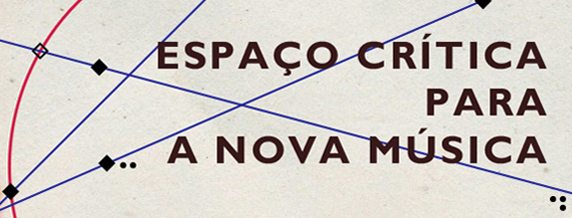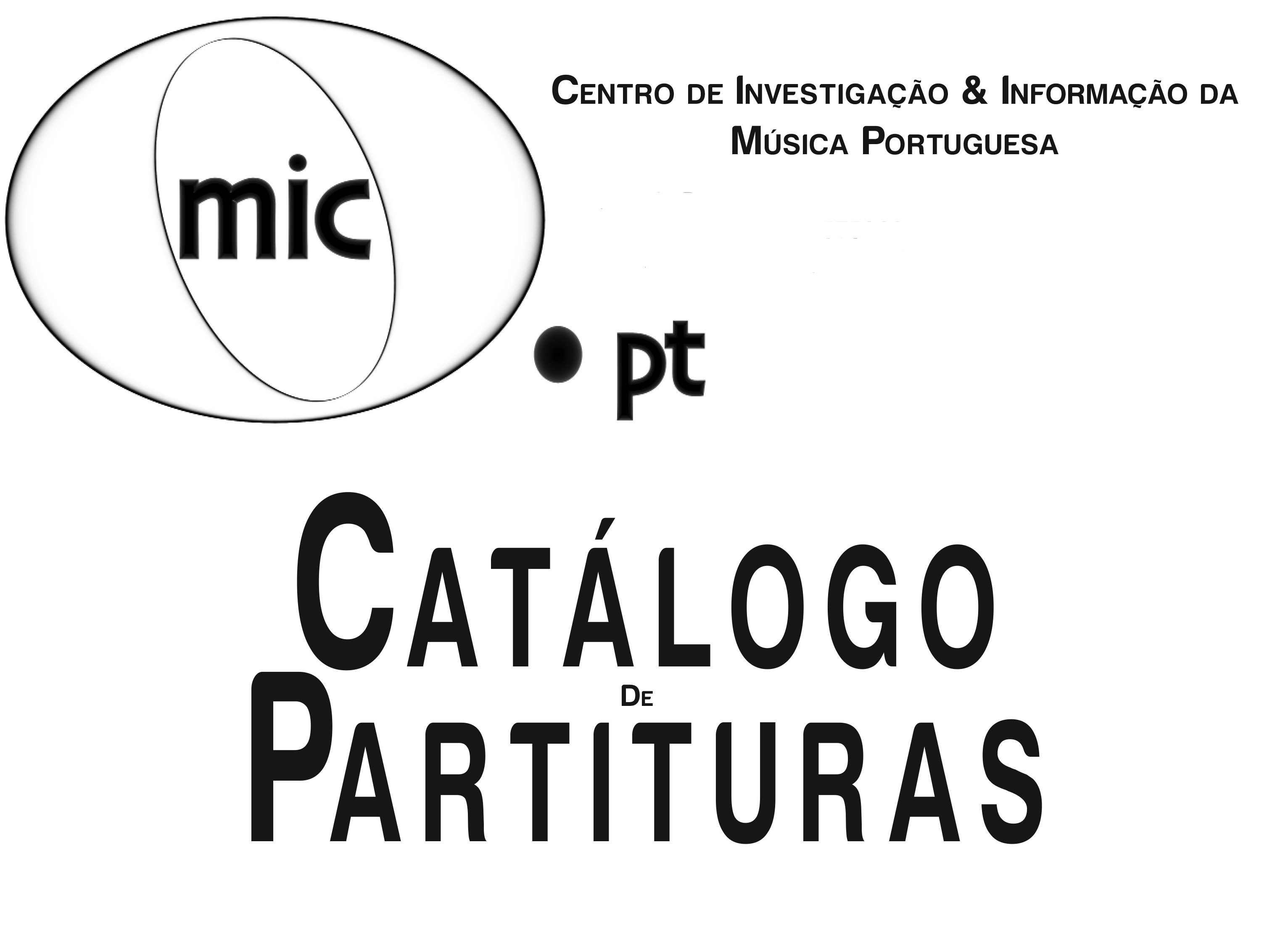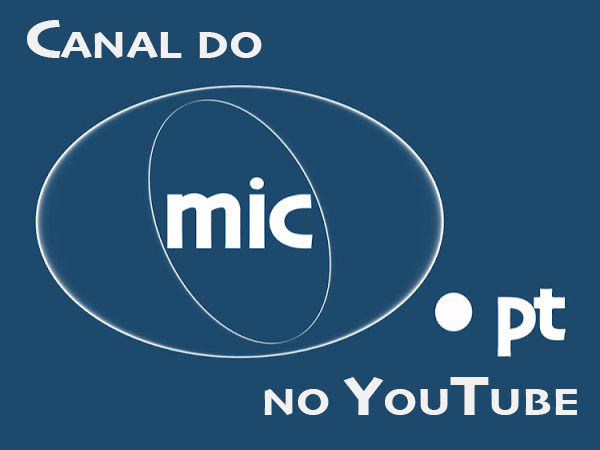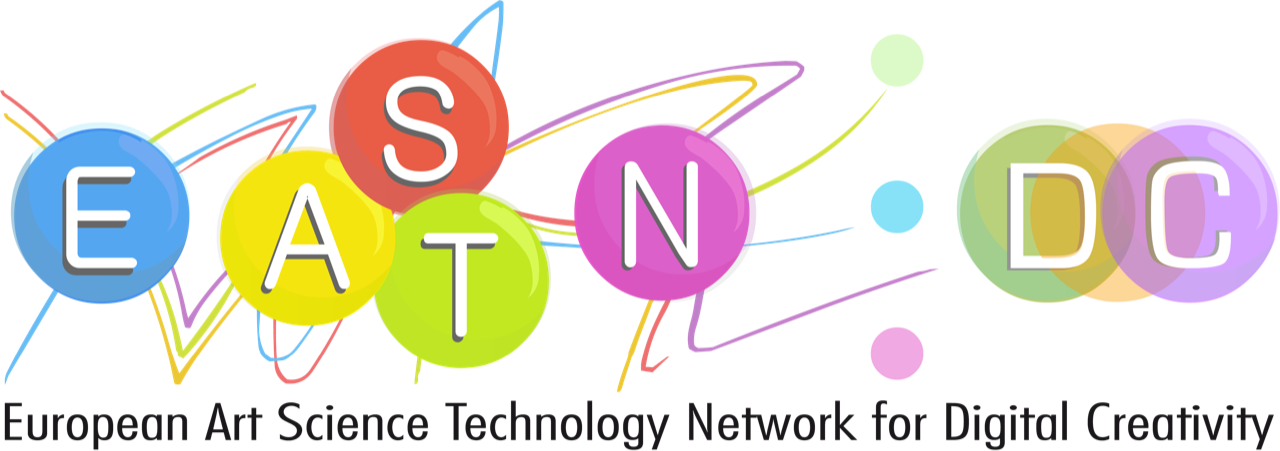Between Music and Text
“I consider contemporary creation an integral part of western music’s evolution. I think that, very often, the importance of rupture moments is overrated and the integration of these ruptures into a complete whole is diminished.” [1]
Biographical Data[2]
João Madureira was born in Lisbon in 1971 and in the Portuguese contemporary music world he already has a significant position. Apart from composition he is also active in the field of teaching at the Lisbon Superior School of Music (Escola Superior de Música de Lisboa). His work includes compositions for chamber ensemble, symphonic orchestra, solo instruments with electronics, vocal, lyrical and dramatic music as well as music for theatre.
After graduating from composition at the Lisbon Superior School of Music, where he studied with António Pinho Vargas and Christopher Bochmann, João Madureira
also worked with Franco Donatoni, York Höller at the Music University in Cologne (Hochschule für Musik, Köln) and with Ivan Fedele in Strasbourg. He attended composition courses and seminars led by Emmanuel Nunes, György Ligeti, Jonathan Harvey, Michael Jarrel and Magnus Lindberg. In 2007 the Aveiro University recognized his composition studies in Cologne with a Masters Degree. Presently, João Madureira is preparing his Ph.D. dissertation in Historical Musicology at the Lisbon New University (Universidade Nova de Lisboa), under the direction of Paula Gomes Ribeiro.
His music has been regularly performed in Portugal, France, Italy, Germany, United Kingdom, Croatia and Spain. In 2003 João Madureira was composer in residence at the OrchestrUtopica. Since 2009 the composer has presided the Installation Committee of Archipelago (Arquipélago), Portuguese Composers Association.
Musical Language
“[Spectralism]... integrated various physical elements like respiration...”[3]
Through the vector trace of spectral music João Madureira developed a musical language, which reinterprets and deconstructs the tradition of modernism in music – to identify this tendency some researchers apply the term “postspectralism”. “In a wider perspective, the composer belongs to a group of authors of late postmodernism to whom modernism, or even the early post-modern past, is as poetically distant as any other artistic practices.”
[4] For João Madureira spectralism has two sides – that of liberation from serial music practice and the other one, which encouraged the “development of a collection of tools, allowing to understand music better.”
[5] Spectralism gave music back the respect for harmony – “this respect for people’s physical side and also the honesty of more harmonicity or less harmonicity... I believe that all these things are key elements, base concepts extremely important to music. (...) [Spectralism is] a language not isolated from others, but maintaining conviviality, which can be «friendly» or «quarrelsome». It seems to me quite important, and nowadays we are perhaps in a postspectral phase...”
[6] “I find amusing the phenomenon of one music being capable to speak about another. It has to do with the fact that every language is metalanguage!”[7]
The most recent example in João Madureira’s work of a direct allusion to music of the past is the “Pentecost Mass” (“Missa de Pentecostes”) commissioned by the Rato Chapel in Lisbon (Capela do Rato em Lisboa). The recording came out last year on November 25th on a CD entitled “Vento”,performed by the “Sete Lágrimas” ensemble. The mass constitutes a rediscovery of the religious music patrimony “confronting it with other cultural places and living experiences. It joins varied, plural and diverse music: Gregorian mass tradition is integrated into a broader space, in which testimonies of different writers are embraced.”
[8] “[The
piece] is a repository of different expressions and musical quotations and, even more than that, the fruit of various crossings between my own musical expression and the materials I quoted.”
[9] “Missa de Pentecostes” does not represent an exception in João Madureira’s work, but a side, perhaps more explicit, of his relation with tradition.
“Music is essentially text (…) and text has essentially to do with music.”[10]
“Music is essentially text (…) and text has essentially to do with music.”
[11] “For me the proper text is always totally double. (...) When we say one thing, we use immediately a determined tone or form. This form can betray the meaning of what we apparently are trying to say. And from here one creates a labyrinth of meanings, which the text possesses; because text is music.”
[12] Important Works
“O Sono Que Desce Sobre Mim” (1997) – a song, the first work, in which João Madureira felt the whirling sensation of text and music.
“Poemúsica” (1998) – a work between the institutions of poetry and music.
“Encontro” (2000) – a work, in which two instruments, flute and piano, establish a dialogue between different interpretations of the same material, different discursive possibilities and instrumental attitudes.
“Glosa” (2001) – the beginning of a musical language more influenced by spectralism.
“Três Momentos para Ana Hatherly” (2003) – music as metalanguage, which inserts itself into a cultural whole.
“Fulgor” (2004) – music of long instants, a slow evolution suddenly convertible into a moment.
“Metanoite” (2007) – an opera, which more than to reflect in an exhaustive form on the state of the world, seeks to show, how it is reflected in the microclimate of artistic and erudite environments of our days.
“Lira” (2008) – emerged from the intention to pay homage to three great Portuguese poets: Sophia de Mello Breyner, Miguel Torga and Ana Hatherly.
“ECO – A Arte da Fuga ou Bach em Pessoa” (2009) – a composed interpretation of “The Art of Fugue” and a revelation of Fernando Pessoa through Bach’s hand.
“Missa de Pentecostes” (2010) – the tradition of the Ordinary of the Mass is crossed with contemporary techniques and new music practices are associated with medieval tradition.
The Situation of Composition in Portugal
“Nothing guarantees us that we would be listened to, despite the aspiration to be inserted completely into society.“ [13]
According to João Madureira, variety and movement exist in the Portuguese contemporary music world on the level of individual values. Unfortunately this fact is not reflected on another level – that of support and institutional structures. One needs to make more in order to create unity between people involved in composition. “People should stop confusing aesthetic differences with quality. There is certainly good music in Portugal, but I really wish there was more union.”
[14]
Worklist
Interview mic.pt
Scores mic.pt
João Madureira on YouTube
“Glosa” | Pedro Carneiro – marimba | Remix Ensemble | Sarah Ioannides
“Rumor” for brass quintet
"Noite" by João Madureira | Lisbon Contemporary Music Group (Grupo de Música Contemporânea de Lisboa) | Jean-Sébastien Béreau – direcção | Centro Cultural de Belém
1 João Madureira, “Cantos da voz: Sobre a minha Missa de Pentecostes”, “Glosas” no. 3, Lisbon 2011;English translation: Jakub Szczypa
2 www.joaomadureira.pt,
mic.pt
3 Interview to João Madureira realized by Miguel Azguime available on
mic.pt (Parede 2003)
4 Jelena Novak, “Metalingual Mouth of Music”, Portuguese Music Research & Information Centre, Parede 2006, p. 2, disponível em
mic.pt
5 Interview to João Madureira realized by Miguel Azguime available on
mic.pt (Parede 2003)
6 Ibidem
7 Ibidem
8 João Madureira in a booklet, which accompanies CD “Vento”, Arte das Musas / MU Records (MU0108), Lisbon 2010;
English translation: Jakub Szczypa
9 João Madureira, “Cantos da voz: Sobre a minha Missa de Pentecostes”, “Glosas” nº 3, Lisboa 2011; English translation: Jakub Szczypa
10 Interview to João Madureira realized by Miguel Azguime available on
mic.pt (Parede 2003)
11 Jelena Novak, op. cit., p. 4
12 Interview to João Madureira realized by Miguel Azguime available on
mic.pt (Parede 2003)
13 Ibidem
14 Sérgio Azevedo, “A Invenção dos Sons. Uma Panorâmica da Composição em Portugal Hoje”, Editorial Caminho, Lisboa 1998, p. 517; English translation: Jakub Szczypa





